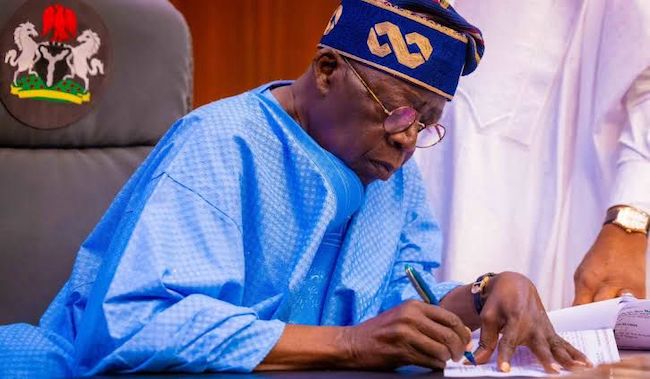Nigeria’s broad money supply, M3, reached a record high of N78.74 trillion in December 2023, marking a significant year-on-year increase of N26.58 trillion or 51% compared to N52.16 trillion in 2022. This data, provided by the Central Bank of Nigeria (CBN) in its money and credit statistics, reflects the highest-ever money supply recorded in the country.
Key Points:
- Rapid Increase: The broad money supply (M3) has been on an upward trajectory in recent years, growing rapidly. It comprises net foreign assets and net domestic assets.
- Economic Landscape Analysis: The surge in money supply is crucial in analyzing Nigeria’s economic landscape, indicating potential inflationary trends and influencing interest rate movements.
- Inflation and Interest Rates: The increase in money supply may signal a potential escalation in inflation, impacting purchasing power. It also correlates with diminished interest rates, posing challenges to investment attractiveness, especially for international investors.
- Implications for CBN’s Monetary Policy: As the CBN’s Monetary Policy Committee (MPC) prepares for its meeting, the expanded money supply will likely be a focal point of discussions, particularly about the Monetary Policy Rate (MPR). Managing the money base is considered crucial for controlling inflation.
- Unique Scenario: Despite the rapid expansion of the money supply, Nigeria’s economic growth has been modest, with an annualized growth rate of around 5.4% of GDP. The disparity between money supply and economic growth raises unique challenges.
- Inflation Concerns: Inflation has been a significant concern, with the headline inflation rate increasing from 21.5% to 92% over the past year. Projections suggest easing inflation, but the exchange rate remains a contentious issue.
- CBN’s Efforts: Despite the CBN’s efforts to tighten monetary policy and mop up excess liquidity by raising the MPR, inflation remains a challenge. The CBN’s annual inflation target is 4%, indicating ongoing efforts to rein in inflation.
- Upcoming MPC Meeting: The CBN’s first MPC meeting of 2024 is approaching, where Governor Yemi Cardoso is expected to address ongoing interest rate hikes. The government’s economic objectives, including reducing interest rates, may lead to potential conflicts.
The surge in Nigeria’s money supply poses challenges and complexities for economic stability, inflation management, and policy decisions. The upcoming MPC meeting will be crucial in addressing these issues and setting the country’s monetary policy course.











